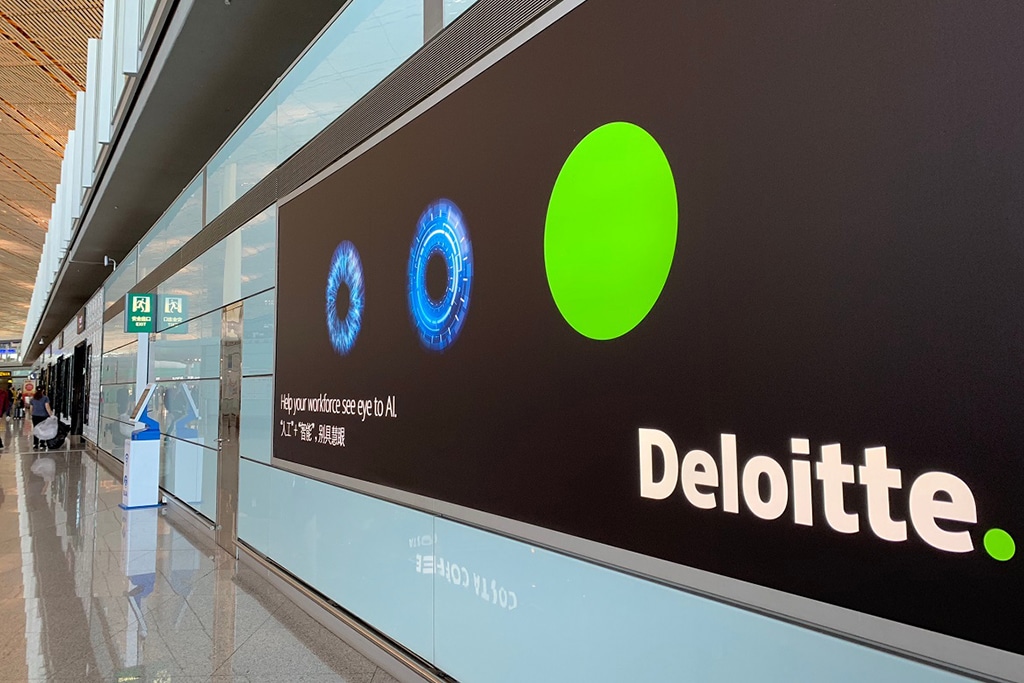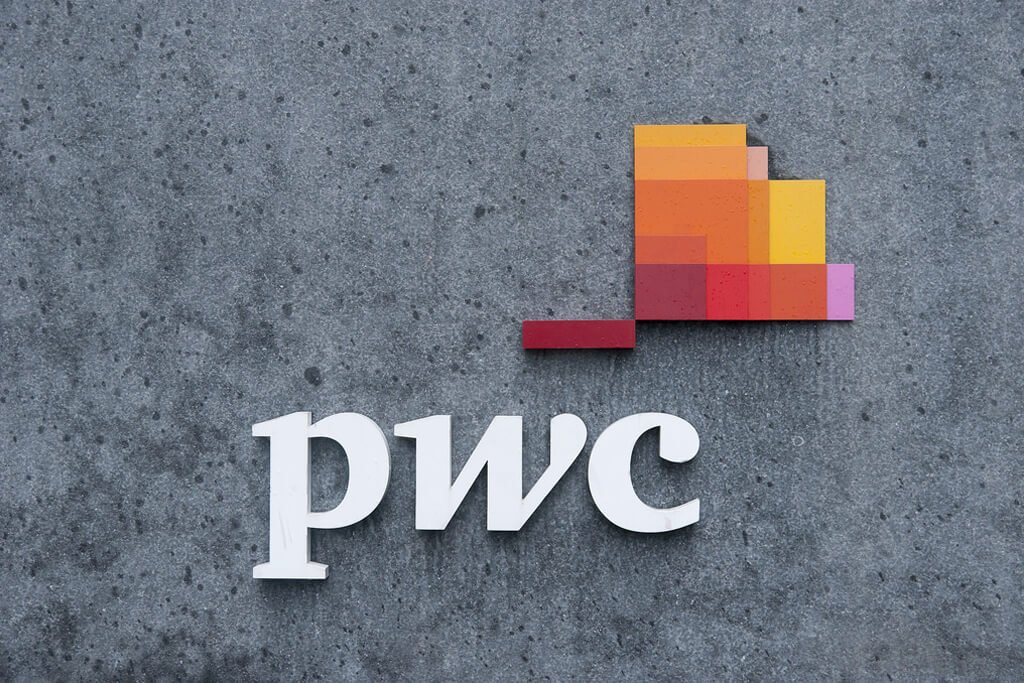
The new report of Deloitte describes how the blockchain technology can disrupt traditional financial industry.
Deloitte, an international company rendering services in the sphere of audit and consulting, has presented its overview on the future of financial services: where everything is going to, what is necessary to change and what will change anyway. Deloitte calls disruption in banking the current topic number one.
The source, known for original articles, reports, and periodicals concerning business, public sector and NGOs, underlines that banking and capital markets now face real competitors whose strongest side is belief in cutting-edge technologies able to transform banking. The progress and activity drive becomes hard to deny as there are literally thousands of start-ups all over the world focused on perceived vulnerabilities of traditional institutions
Predicting transformations of banking sphere, Deloitte conducted an exercise and came to five possible scenarios how the development can go:
Scenario 1: A new organizational paradigm: Agile, collaborative, and exposed
Scenario 2: Future of brands: Need for digital savvy and a sharper focus on customer experience
Scenario 3: The new world of payments: Blockchained, direct, and seamless
Scenario 4: Frictionless trading: Machine dominance and the search for relevance
Scenario 5: Evolution of marketplace lending: Survival of the fittest
We will focuse on the third scenario involving such disruptive technology as blockchain. Deloitte has repeatedly underlined the importance of the technology saying that “it can potentially make a great many things more secure and accountable: financial transactions, micropayments, IoT applications, health records, corporate audits, and more”.
Banking industry has traditionally relied on trusted intermediaries in payment transactions processing. Blockchain appeared and challenged this basic world order. The role of intermediaries was reexamined and now we face the threat of disintermediation in the payments industry as both real and imminent.
Deloitte names three main characteristics of financial industry that can play into the hands of new technologies. Firstly, the industry manages $26 trillion in global transactions with billions of dollars in fees for the payment networks, processors, issuers, and other intermediaries. Secondly, current approach to transactions processing is far from ideal. Legacy architecture and decades-old protocols create delays, risks, and headaches for all concerned, in both consumer and corporate payments. And finally, customers will always appreciate increased convenience without much additional cost.
No wonder that blockchain has been in focus of attention recently. “The excitement surrounding blockchain technology today is such that almost every major financial institution is now exploring blockchain, either as part of industry consortia, such as the R3CEV initiative that in late January 2016 had over 40 participating banks, or as an independent initiative, as exemplified by the Santander-Ripple Labs or Goldman Sachs-Circle partnerships.”
Deloitte is quite confident to say that payment ecosystem will look rather different in next years as a result of continuing technological advances in multiple domains. And it gives the main role in the upcoming disruption in banking sphere to blockchain. “In all likelihood, blockchain innovations could be the most transformative, and we will likely see a number of real-life applications of blockchain applied to payments, beyond digital currencies, in the next five years.”


